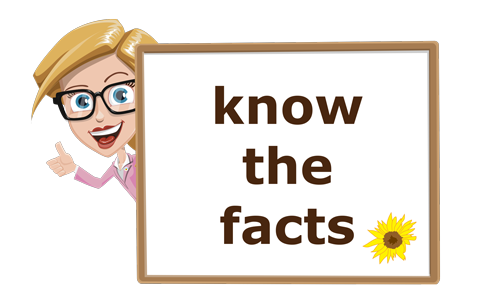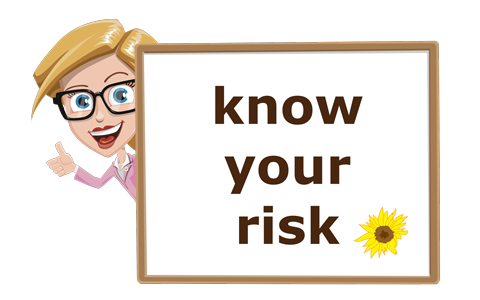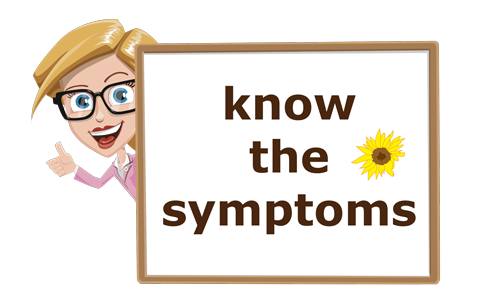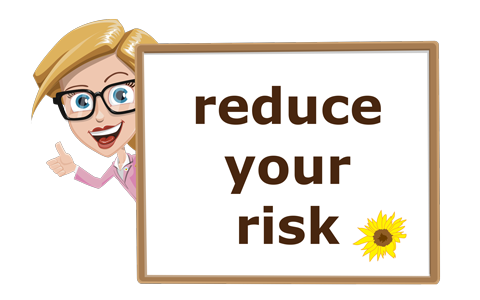Team Shan Messages
Team Shan visits high schools, college and universities and participates in community events to raise awareness of breast cancer in young women. Team Shan messages for young women, health care professionals and the public include information on breast cancer facts, risk factors and symptoms; breast awareness; self care strategies and breast health.
Further links include information on the disease and support for young women diagnosed with breast cancer.
“knowledge is power”
Facts

- every year in Canada, over 1,200 young women are diagnosed with breast cancer
- every year in Canada, over 100 young women who have been diagnosed will die
- most breast lumps are not cancer
- breast cancer does not always start with a lump
- breast cancer can spread, primarily to the bones, liver, lungs and brain
- breast cancer in young women is often very aggressive
- breast cancer in young women is often random and sporadic
- young women are more likely to be diagnosed with inflammatory breast cancer
- early detection saves lives
- when breast cancer is found early there is usually a better chance of successful treatment
- finding cancer early may allow for more treatment options
- delays in diagnosis are attributed to either young women or physician inaction
- the majority of all breast cancers are detected by women who report unusual changes to a doctor
Risk Factors

Uncontrollable Risks
- being female
- increased age
- born in North America or Northern Europe
- strong family history of breast cancer or ovarian cancer
- genetic mutations (e.g., BRCA1, BRCA2)
- early menstruation (under 12 yrs old)
- previous biopsy showing pre-cancerous breast changes
- high levels of radiation exposure to the chest
- African heritage
 Controllable Risks
Controllable Risks
- alcohol misuse
- tobacco use
- exposure to second hand smoke
- physical inactivity
- poor diet
- unhealthy weight
- use of birth control pills
- having no children or
- delayed childbirth
- never breastfeeding your baby
Remember
- inform your health care provider of known risk factors
- discuss any family history of breast cancer with your health care provider
Symptoms

- breast lumps (most common)
- breast thickening
- dimpling/puckering of the breast
- breast changes (e.g., size, shape, skin)
- breast swelling, redness, warmth or pain
- nipple changes (e.g., nipple inverts)
- nipple discharge/leaking
- symptoms that may appear from the spread of breast cancer (e.g., bone pain, neurological symptoms)
Risk Reduction

- choose a healthy lifestyle
- limit alcohol to one drink or less per day
- live smoke free and avoid exposure to second-hand smoke
- get active and aim for at least 30 minutes of physical activity each day
- eat well and enjoy a balanced diet that is high in fruits, vegetables and whole grains, and low in fat and sugar
- breastfeed your babies
Prevention
Visit the following sites for information on environmental risk factors
- David Suzuki Foundation ‘dirty dozen’
- Environmental Defense
- Environmental Working Group (includes Skin Deep cosmetic safety database)
Research
 Breast cancer in young women research projects and invitations to participate are routinely posted on our Team Shan Breast Cancer Awareness for Young Women Facebook page.
Breast cancer in young women research projects and invitations to participate are routinely posted on our Team Shan Breast Cancer Awareness for Young Women Facebook page.
Support

Canadian Support Following Diagnosis
- Cancer Fight Club
- Nanny Angel Network (Toronto)
- PYNK Program (Sunnybrook Hospital)
- Rethink Breast Cancer
- Young Adult Cancer Canada
Canadian Foundation Support
Booklets
- Never Too Young: Psychosocial Information and Support for Young Women with Breast Cancer Canadian Breast Cancer Network (CBCN)
- On n’est jamais trop jeune : Information et soutien psychosocial pour les jeunes femmes atteintes d’un cancer du sein Réseau canadien du cancer du sein (RCCS)
International Sites
- Can Teen (Australia)
- Pink Hope (Australia)
- Bright Pink (USA)
- Imerman Angels (USA)
- LIVESTRONG (USA)
- Teen Cancer America (USA)
- Teenage Cancer Trust (UK)
- Young Survivor Coalition (USA)
Palliative Care
Links

Canadian Sites
International Sites
- Breast Cancer in Young Women Foundation
- American Cancer Society (USA)
- National Cancer Institute (USA)


